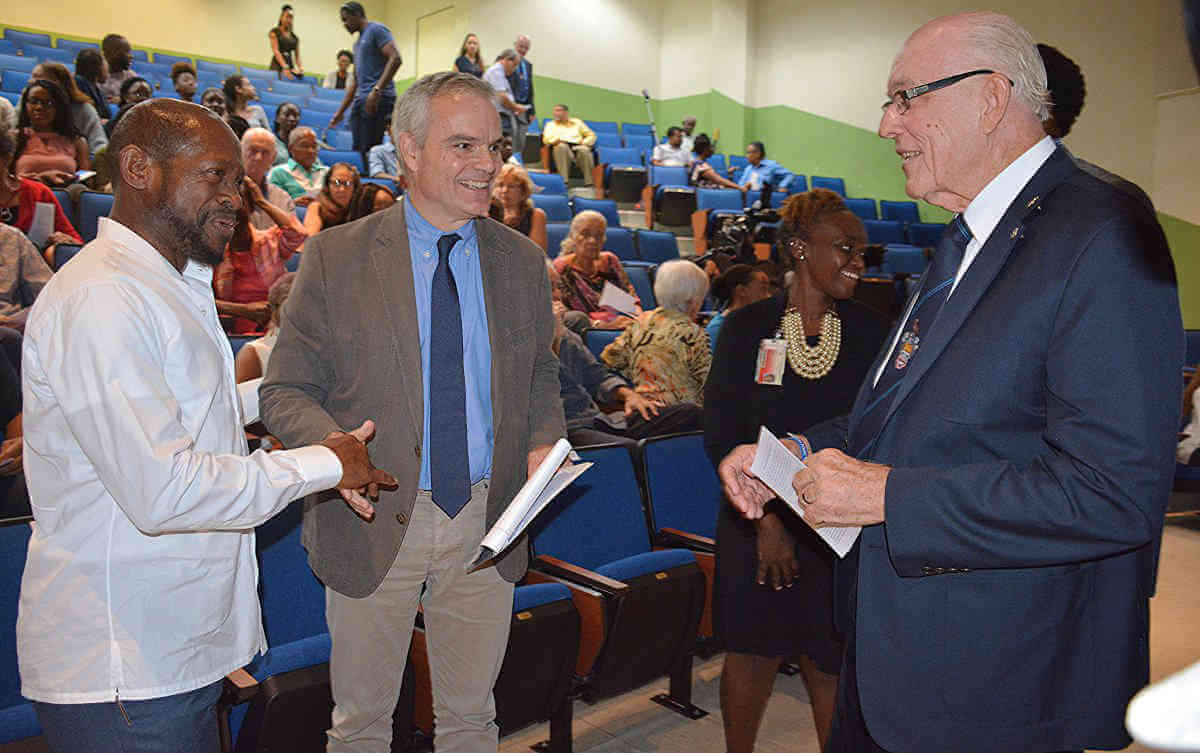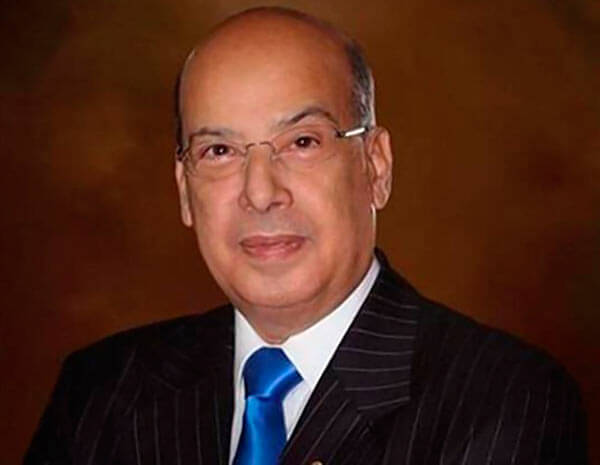Seventy of the outstanding Caribbean graduates from the University of the West Indies of the period ranging between 1960s and 2000s got a chance to relive their passing out experiences at Cave Hill Campus this week.
The occasion formed part of UWI’s year-long celebration of its 70th anniversary and saw current prime ministers and former heads of state, along with other high-ranking professionals called up to the stage to receive commemorative certificates.
Additionally, Cave Hill Principal and UWI Pro Vice-Chancellor, Eudine Barriteau unveiled a plaque bearing the names of these alumni who have in some way or the other etched their names in into the history of the Caribbean.
“This final list of 70 is by no means an indication that the UWI believes these persons to be the only outstanding graduates emerging from this hallowed hill. We are proud of, and value all of our graduates,” remarked Barriteau at the Wednesday ceremony.
Commenting on behalf of the honourees, former St. Lucia Prime Minister, D.r Kenny Anthony, said, “this generation of Caribbean leadership is also an assessment of the University of the West Indies, because in every island of this archipelago of ours, graduates of the UWI are the persons who have held the levers of authority, of power and indeed of responsibility”.
“When the judgement of this period in our history is written, it will also be a judgement about us. We are the ones who have helped to nurse these countries through very, very difficult periods of our economic and social lives. So I think if there is any statement about our contribution, that statement will be assessed against the history which has shaped us and the history in turn which we have created over the years,” he added.
Founded in 1948 in Jamaica, this university with campuses in Barbados, Jamaica and Trinidad and Tobago; and an Open Campus with 16 centres across the region has its genesis in 1943 when Britain’s Secretary of state for the Colonies, Sir Oliver Stanley, observed “there is an urgent and fundamental need to enlarge our facilities for higher education without which these leaders [of the colonies] cannot be creative.”
Following that, a committee decided on a regional university, which remains one of the few multinational universities in the world.

























